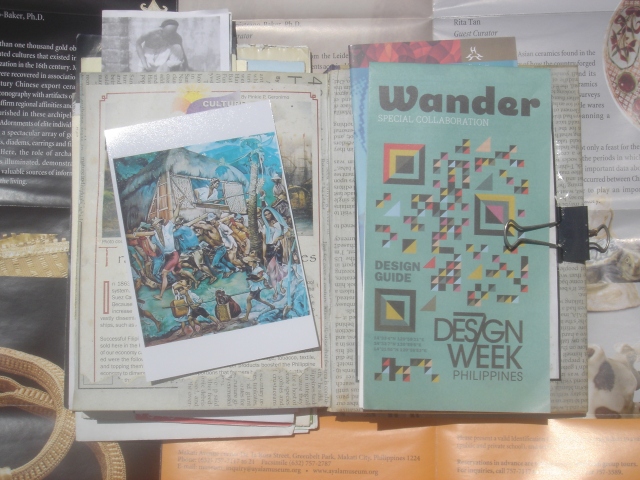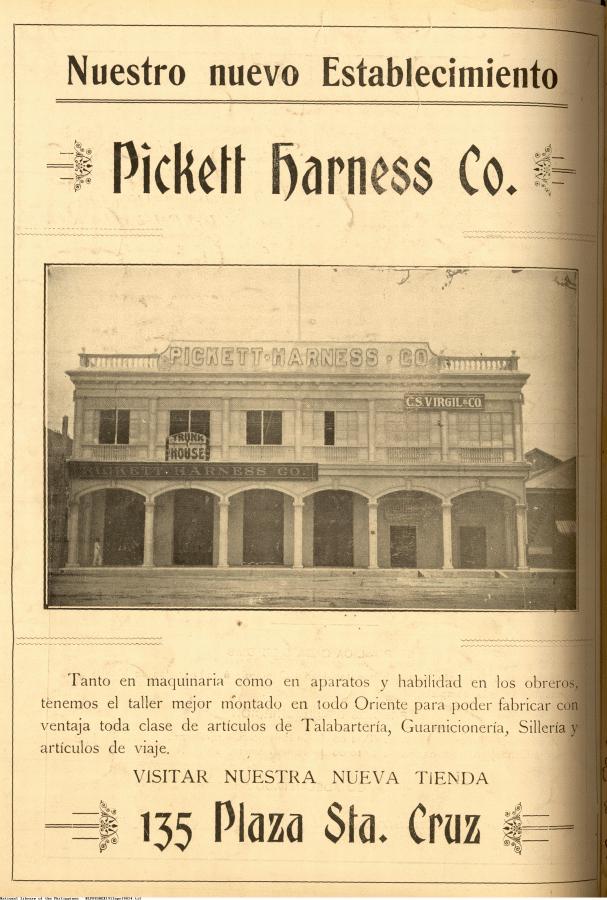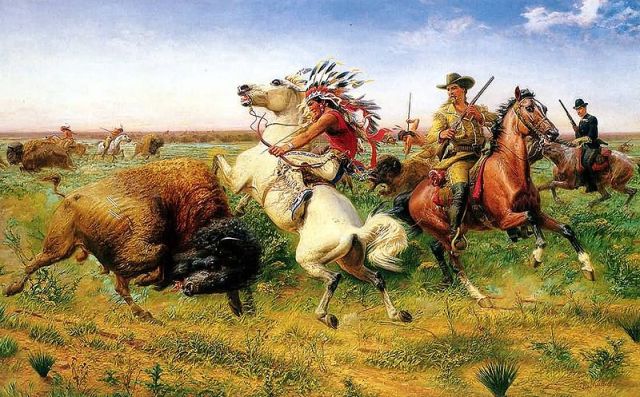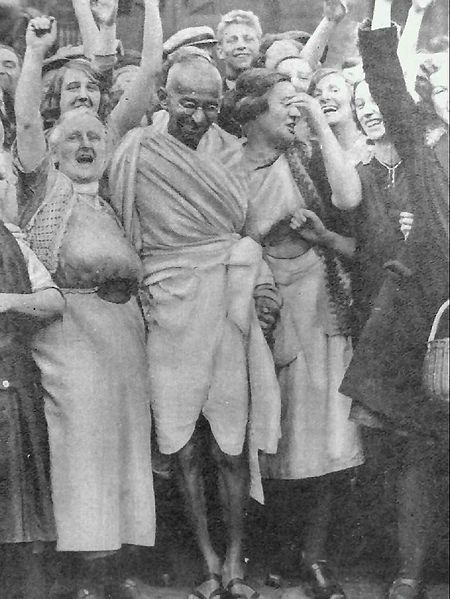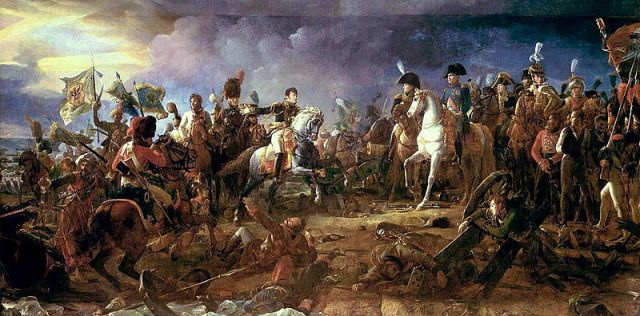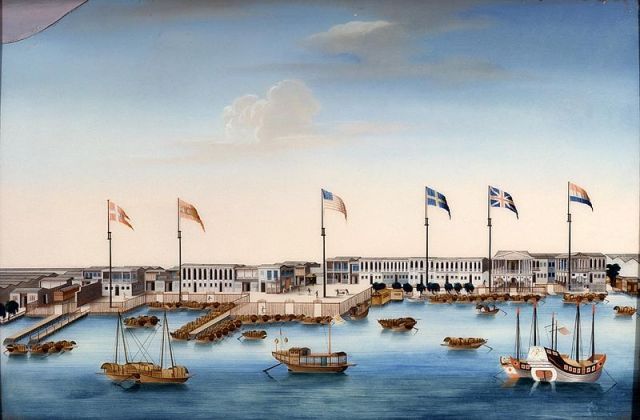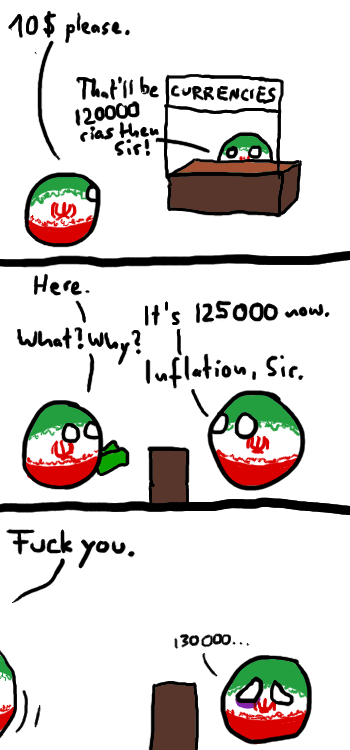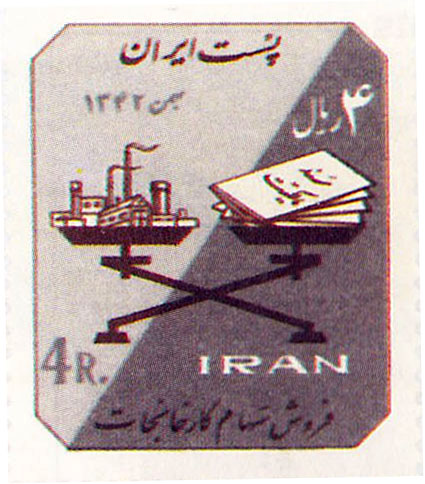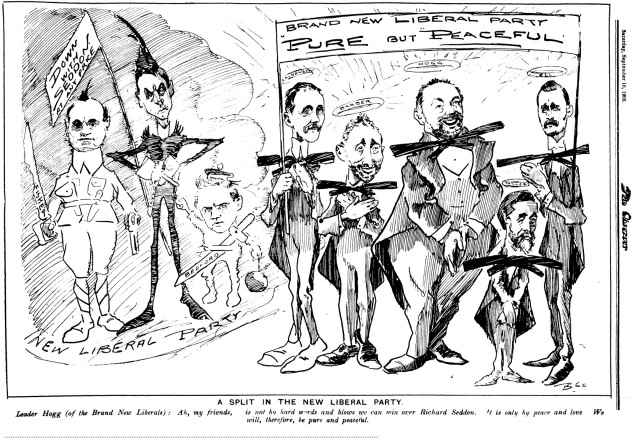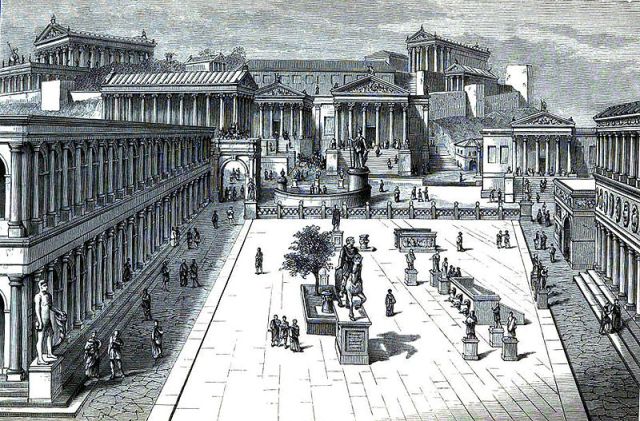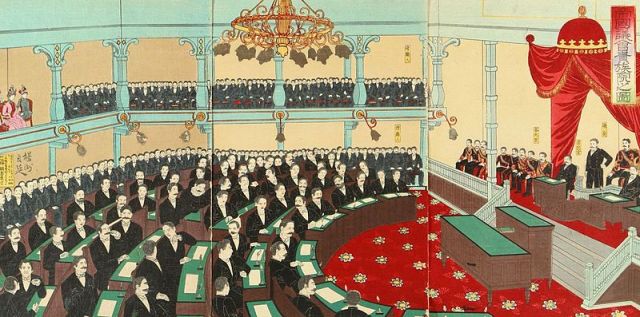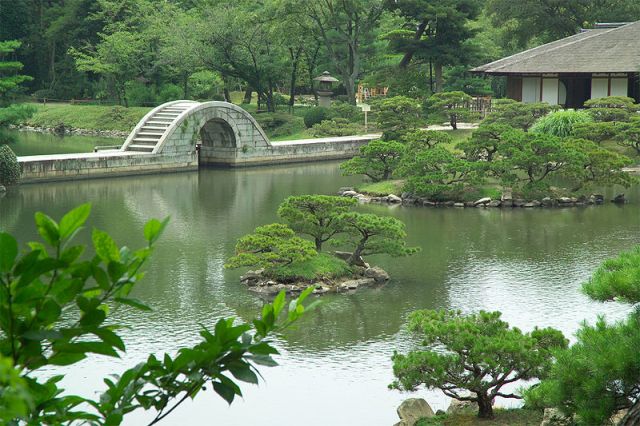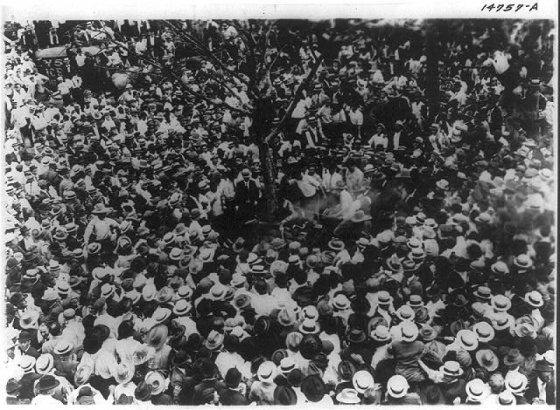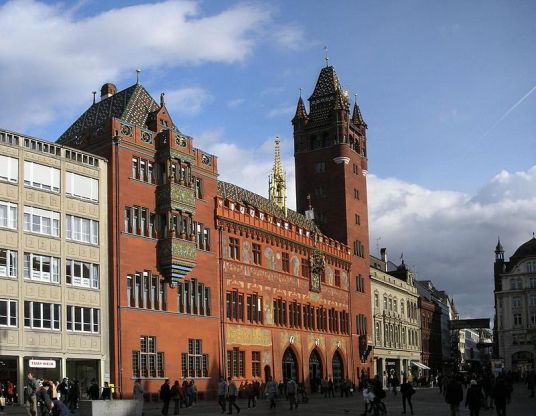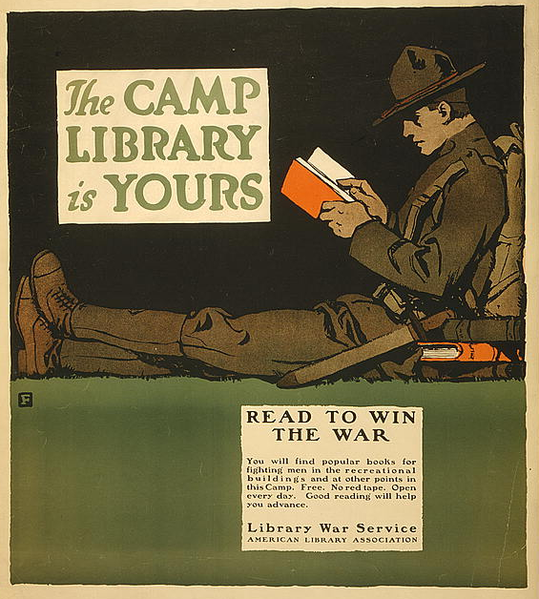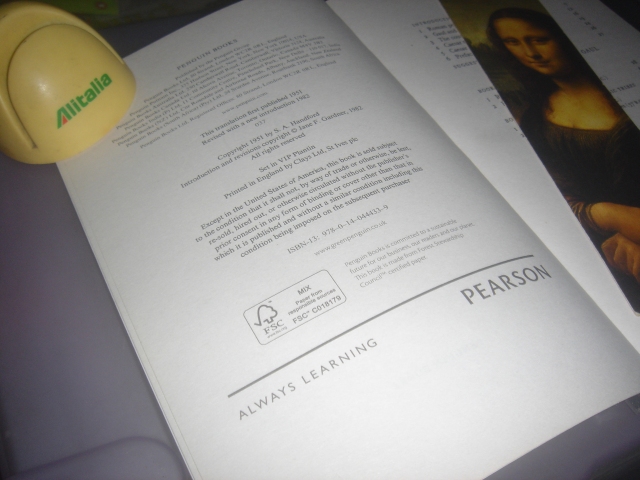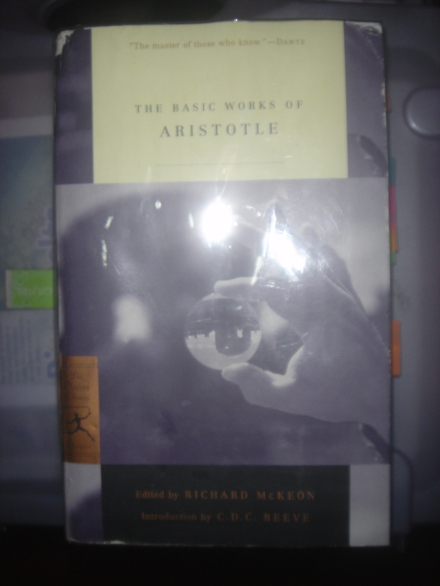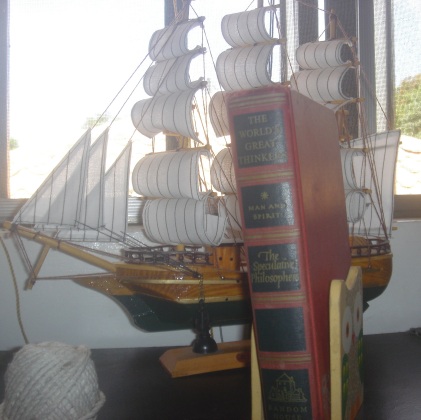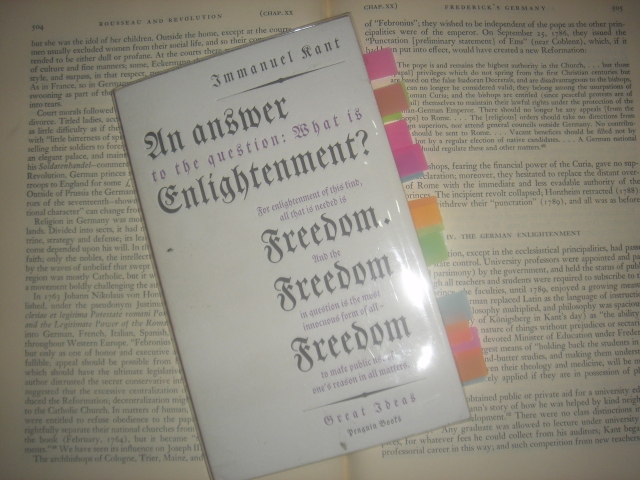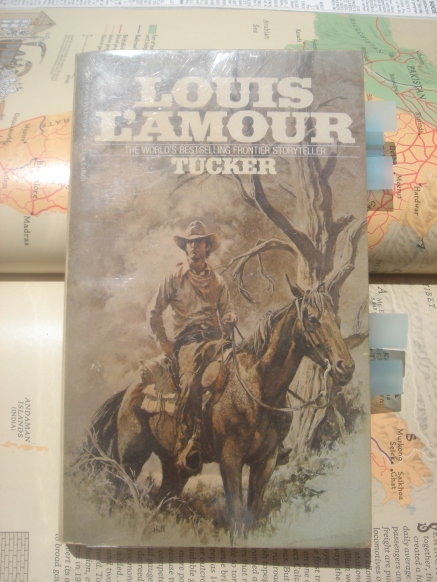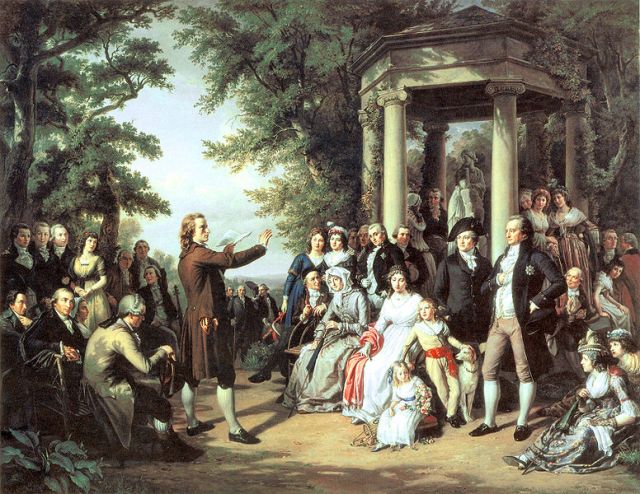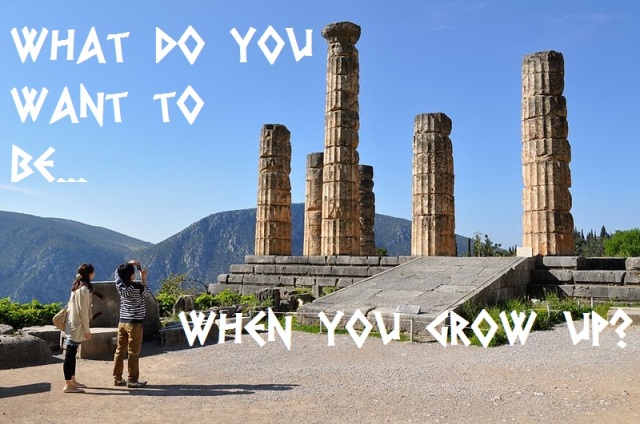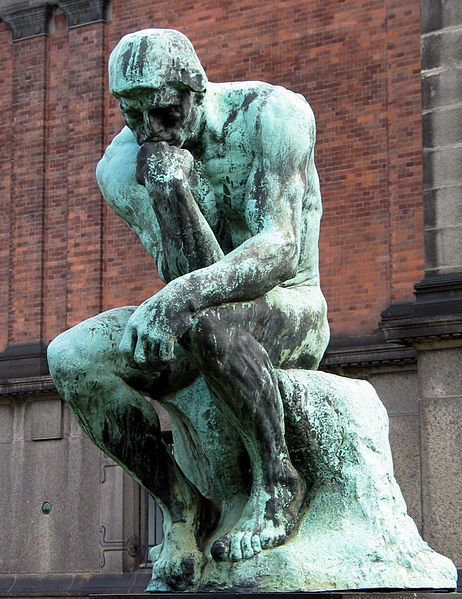Photo Credit: http://www.flickr.com/photos/diamonds_in_the_soles_of_her_shoes/545503457/sizes/o/in/set-72157600119021830/
I have been striving to find culture in Metro Manila because visually, it is dominated by malls and residential areas. So for my birthday, I wanted to do something different and I decided to go to the Lopez Museum since I’ve never been there before, and I also found out that it exhibits Juan Luna’s painting España y Filipinas. I never thought that I would love this painting so much, but it was exactly what I wanted to see from the Philippines. It’s not even Juan Luna’s most famous painting, but it just captured the kind of attitude which I believe we all need — moving forward, looking onward.
I also thought I should check out Escolta Street in Manila because I learned of the attempts to revive its cultural significance. One of the booths set up there sold postcards of houses in Manila with colonial architecture, and funds from their sales would go towards the rehabilitation of these houses. I bought two which are shown below, and I forgot but I think they were P50 each. Even though I didn’t contribute much, I am sharing this in the hopes that more and more people will support the attempts to restore Manila to its former glory.
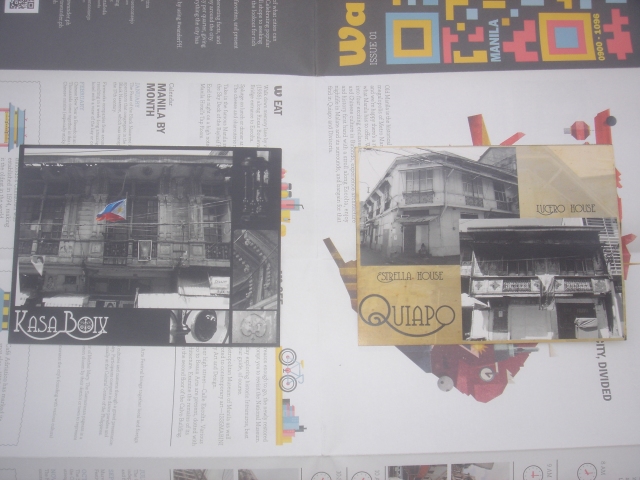 In my quest to find culture in Metro Manila, I also wanted to see another painting by another Filipino artist — Carlos “Botong” Francisco. The painting I’m referring to is “Bayanihan” and it is located in the headquarters of the pharmaceutical company Unilab. Unfortunately, it’s only open to employees.
In my quest to find culture in Metro Manila, I also wanted to see another painting by another Filipino artist — Carlos “Botong” Francisco. The painting I’m referring to is “Bayanihan” and it is located in the headquarters of the pharmaceutical company Unilab. Unfortunately, it’s only open to employees.
That really sucks. I’ll just have to settle for a digital printout that I can put into my Manila journal.
I believe that this struggle to see Philippine cultural aesthetics is one of the reasons why it is easy for foreign cultural influences to seep into the Filipino psyche. Although, our history also shores up that process.
If beautiful aspects of Philippine culture were as ubiquitous in the Philippines as it should be, would Filipinos still prefer foreign culture to local?
In my post No Place Like Manila, I shared that I only realized how beautiful Manila was by going to the National Library, and I also included images of the type which I had found in the library. I found some more from the library website and I’m only showing one from the periodical Excelsior below. When I have the time, I’ll be looking for more to show.
~~~~~~~~~~~~~~~~~~~~~~~~~~~~~~~~~~~~~~~~~~~~~~~~~~~~~~~~~~~~~~~~~~~
* I will resume in 2017.


